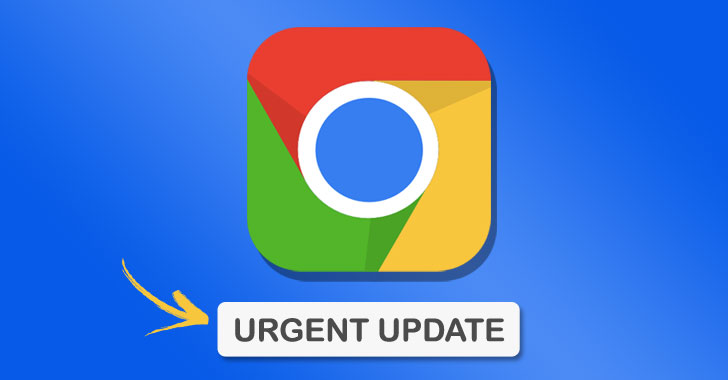Update Google Chrome Browser To Patch New Zero-Day Exploit Detected In The Wild
Google on Monday shipped security updates to address a high-severity zero-day vulnerability in its Chrome web browser that it said is being exploited in the wild.
The shortcoming, tracked as CVE-2022-2294, relates to a heap overflow flaw in the WebRTC component that provides real-time audio and video communication capabilities in browsers without the need to install plugins or download native apps.
Heap buffer overflows, also referred to as heap overrun or heap smashing, occur when data is overwritten in the heap area of the memory, leading to arbitrary code execution or a denial-of-service (DoS) condition.
"Heap-based overflows can be used to overwrite function pointers that may be living in memory, pointing it to the attacker's code," MITRE explains. "When the consequence is arbitrary code execution, this can often be used to subvert any other security service."
Credited with discovering and reporting the flaw on July 1, 2022, is Jan Vojtesek from the Avast Threat Intelligence team. It's worth pointing out that the bug also impacts the Android version of Chrome.
As is usually the case with zero-day exploitation, details pertaining to the flaw as well as other specifics related to the campaign have been withheld to prevent further abuse in the wild and until a significant chunk of users are updated with a fix.
CVE-2022-2294 also marks the resolution of the fourth zero-day vulnerability in Chrome since the start of the year -
- CVE-2022-0609 - Use-after-free in Animation
- CVE-2022-1096 - Type confusion in V8
- CVE-2022-1364 - Type confusion in V8
Users are recommended to update to version 103.0.5060.114 for Windows, macOS, and Linux and 103.0.5060.71 for Android to mitigate potential threats. Users of Chromium-based browsers such as Microsoft Edge, Brave, Opera, and Vivaldi are also advised to apply the fixes as and when they become available.
Source: thehackernews.com
 Reviewed by Zion3R
on
8:01 PM
Rating:
Reviewed by Zion3R
on
8:01 PM
Rating:







